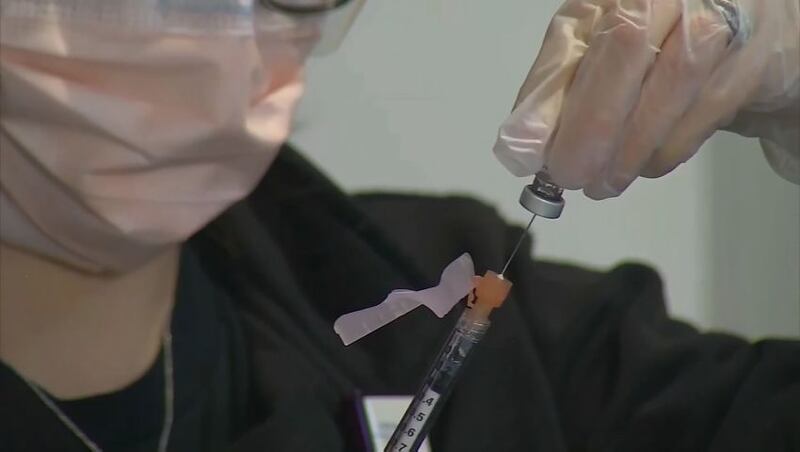UW Medicine’s Professor of Microbiology Dr. Deborah Fuller said finding the U.K. coronavirus variant is not surprising and its ability to infect people should be respected even more than the original strain.
Fuller said the concerning news is that the new B.1.1.7 strain of novel coronavirus now found in King, Pierce and Snohomish counties is 50% to 70% more transmissible, and it’s expected to become the dominant strain here, as happened in the U.K.
“What that means is we really need to step up our social distancing and wearing masks, until you get the vaccine,” she said.
When asked if one person at a Super Bowl party had the new variant, and if the odds were far more dangerous, Fuller answered “Yes. It’s gone up by 70% now.
Fuller cited studies showing people infected with the U.K. variant may shed and spray far more virus particles when they sneeze, even when they’re not feeling symptoms — and more virus could mean more transmission.
She says the good news is the vaccines available now fight the U.K. variant, too.
“All of these studies have shown that these vaccines are very effective against this particular variant,” she said. “There’s no loss of efficacy in these particular vaccines, so that’s really good news, and it means that the vaccines should be very effective in protecting us from this particular variant.”
Fuller added that the Johnson & Johnson vaccine on the way has proved 85% effective in protecting from experiencing very serious symptoms.
“Some people may become infected and exhibit mild forms of the disease and say ‘Hey, I got the vaccine and I’m still kind of sick!’ But the difference is they probably would have been in the hospital,” she said. “So that’s what vaccines do. They reduce the overall outcome that you’re going to experience with this virus.”
According to studies, Johnson & Johnson’s vaccine was 85% effective in preventing severe cases of the disease in people of all ages and backgrounds 28 days after vaccination. The vaccine — which is stable at warmer temperatures — could be authorized for emergency use as soon as next week.
Cox Media Group







